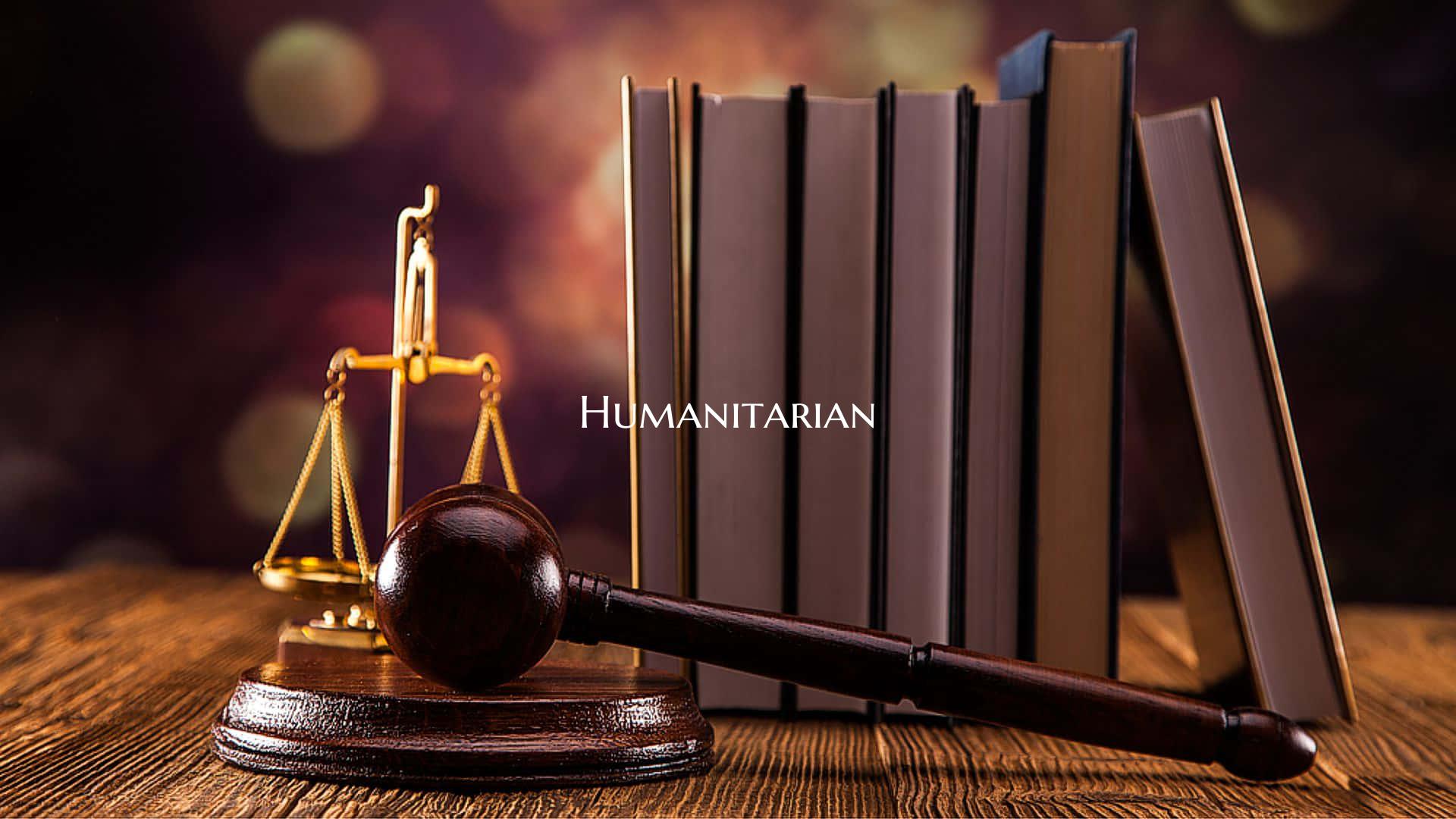
Humanitarian
Introduction: Humanitarian aid plays a crucial role in providing relief and assistance to those affected by crises, disasters, conflicts, and emergencies around the world. This form of aid focuses on saving lives, alleviating suffering, and maintaining human dignity in the face of adversity. In this article, we will explore the significance of humanitarian efforts and the impact they have on communities in need.
The Core Principles of Humanitarian Aid: Humanitarian aid is guided by fundamental principles such as humanity, neutrality, impartiality, and independence. These principles ensure that aid is provided based on need alone, without discrimination or political considerations. The ultimate goal of humanitarian aid is to protect and assist vulnerable populations, regardless of their background, beliefs, or affiliations.
Responding to Crisis: Humanitarian organizations and agencies mobilize quickly in response to emergencies to provide life-saving assistance. This includes distributing food, clean water, shelter, medical care, and other essential supplies to those affected. Additionally, these organizations often work to restore infrastructure, support livelihoods, and promote long-term recovery and resilience in communities ravaged by disasters or conflicts.
The Impact of Humanitarian Aid: The impact of humanitarian aid extends far beyond immediate relief efforts. By addressing the urgent needs of affected populations, aid organizations help prevent further suffering and mitigate the long-term effects of crises. Humanitarian aid also contributes to peacebuilding, fostering stability, and strengthening communities in the aftermath of turmoil.
Challenges and Future Directions: Despite the critical role of humanitarian aid, challenges such as funding constraints, access issues, and security risks often impede response efforts. Moving forward, there is a growing recognition of the need for more sustainable and inclusive approaches to humanitarian assistance, as well as greater collaboration between governments, organizations, and communities to build resilient systems and better prepare for future crises.
Conclusion: In conclusion, humanitarian aid is a lifeline for millions of people facing adversity and hardship worldwide. By upholding the principles of humanity and solidarity, humanitarian organizations bring hope and support to those in crisis. As we navigate an increasingly complex global landscape, the importance of humanitarian aid in saving lives, alleviating suffering, and promoting dignity cannot be overstated.
